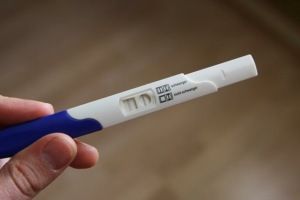News
Teen abortions at record low in Denmark
This article is more than 7 years old.
Lowest figure since the Danes legalised abortion in 1973

The pregnancy rate remains high (photo: Pixabay)
Last month, it was revealed that 2017 saw the lowest number of babies born to teenage moms in a decade.
Now it’s been established 9 per 1,000 women aged 15-19 had an abortion in 2016 – the fewest number of teen abortions since Denmark legalised abortion in 1973.
“We’ve beaten down the curve in Denmark because we’ve focused on guidance in terms of sexuality and contraception in school. Everyone wants to avoid unwanted pregnancies, so a drop in abortions is good news,” Øjvind Lidegaard, a professor of gynaecology and obstetrics at Rigshospital, told Kristeligt Dagblad.
READ MORE: Significantly fewer teen parents in Denmark
No barriers + good education
Just a decade ago there were 17 abortions registered per 1,000 teenagers, and recent figures showed that almost 4 out of every 1,000 live infants born in 2015 were born to a woman under the age of 20 – also the lowest figure since 1973. And that’s no coincidence, according to some.
“It’s remarkable that some of the countries that have the lowest abortion rates have legalised abortion and do the best in terms of informing the public,” Bjarne B Christensen, the head of the Danish family and planning association Sex & Samfund, told Kristeligt Dagblad.
“If you really want to limit abortion, you need an unprejudiced environment with strong sexual education that reaches children early and a health system that doesn’t stigmatise or judge youngsters that need contraception.”
Christensen maintained that opposition to abortion is often accompanied by barriers blocking access to contraception and information, which in turn ultimately leads to more unwanted pregnancies and abortions.










































